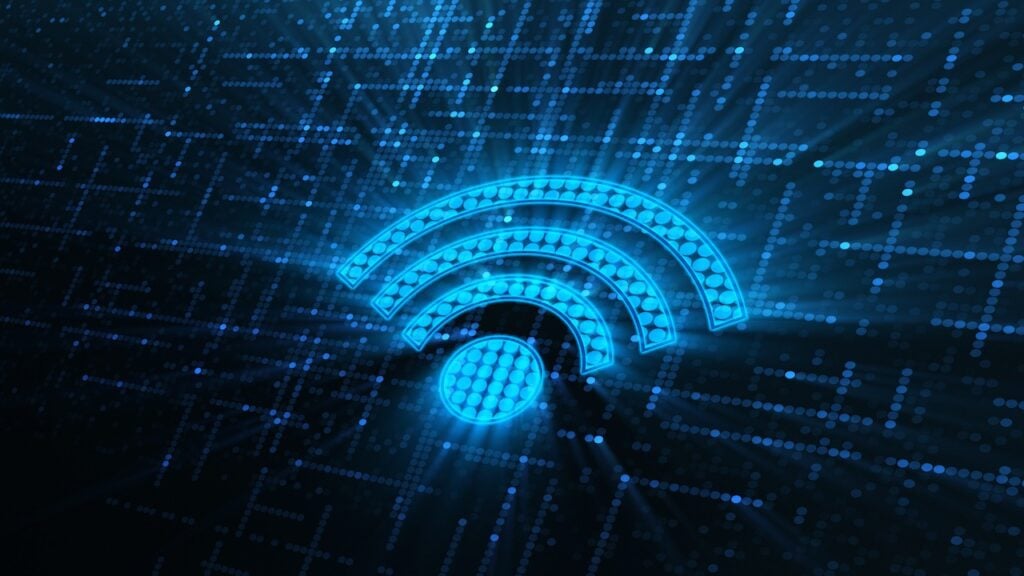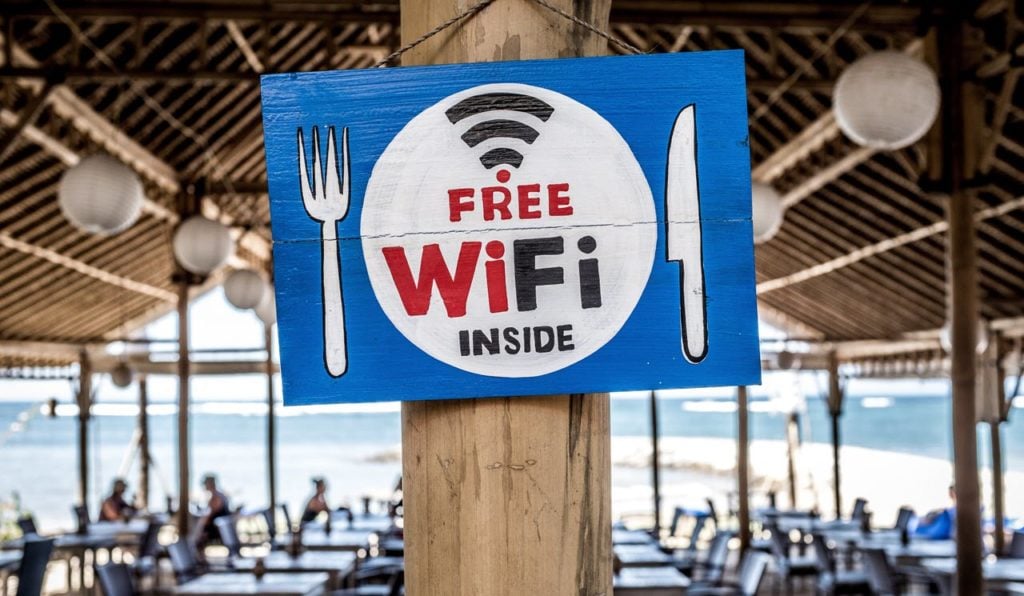People use the internet for various activities like shopping online and using social media. This has led to a rise in concerns about privacy and keeping data secure. One common question is whether the websites someone visits can be seen on their WiFi bill.
This article discusses if someone can see your search history on a WiFi bill, who can see your search history and if incognito, hides your search history from the WiFi owner.
What does your WiFi bill contain?
A WiFi bill, or internet service provider (ISP) bill, primarily consists of details related to your internet plan. It includes information such as the monthly charges, data usage, and any additional services you may have subscribed to. This document is essentially a summary of your internet service and the associated costs.
Also read: What is the difference between WiFi and the Internet?
Can your search history be seen on a WiFi bill?
No, your search history cannot be seen on your WiFi bill.
A WiFi bill is a financial statement that reflects the cost of your internet service, but it does not contain a log of your online activities. The content of your search queries, websites visited, and the data you transmit over the internet are not disclosed in your monthly bill.

Can WiFi owner see what sites I visit?
If you’re using a Wi-Fi network, whether it’s at home, work, or school, the owner or administrator of that network may have the ability to check certain aspects of your online behaviour.
Most modern routers maintain logs that include information such as connected devices, timestamps of events, the amount of bandwidth used, and even the URLs of websites visited.
Network admins can access this data via the router’s management interface.
Moreover, those in control of the Wi-Fi network could use advanced analysis software like WireShark and OpenDNS to gain more insights into your online activities. This might include details about the applications you’re using and the content of the messages you send.
What WiFi owners can see?
Your WiFi owner, depending on their technical expertise, can access router logs that contain various details about your online activities, including:
- Your search history.
- The websites, pages, and URLs you’ve visited.
- Specific web pages and their URLs.
- The amount of time you spent on each website.
- Timestamps of your WiFi connections.

Who else can track your browsing history?
Beyond WiFi owners, other entities can potentially track your online activities:
- Internet Service Providers (ISPs): Your ISP can monitor your online activity, as they have administrator privileges over your WiFi or router by default. This data includes your browser preferences, online behaviour, the device you use, your IP address, and, in some cases, your geographic location. Many ISPs sell this data to marketing firms for targeted advertising.
- Authorities: Governments and law enforcement agencies may access your online browsing data for public safety and investigative purposes, particularly in criminal cases or to address national security threats.
- Search Engines: Search engines often track and collect more information than users realise. They do this for optimisation, security, and troubleshooting, but they may also use the data for targeted advertising.
- Social Media Sites: While not as invasive as search engines, social media platforms collect information about your online habits, including your interactions and activities on their platforms and potentially on third-party websites and apps that use their services.
- Cybercriminals: In the unfortunate event of a data breach, cybercriminals can access your accounts, browsing history, and logs if they gain access to your login information. They may also use malware to steal your data.
Privacy Concerns with Public WiFi
Public WiFi networks pose an even greater potential risk to your online privacy. Administrators of public WiFi networks understand the high value of user data. In many cases, providers of free public WiFi record your private information and sell it to advertisers. This practice allows them to offer free WiFi services and still generate a profit.

Can the WiFi owner see what you search in Incognito mode?
Using incognito or private browsing modes in your web browser won’t completely hide your online activities from the Wi-Fi owner.
While it prevents your browser from recording your activity, the router still logs it.
Clearing your router logs might be the best way to ensure your online actions remain private if you have admin privileges. However, if you don’t have access to the router, clearing your DNS cache can help protect your privacy.
Also read: What to do if WiFi is not working?






